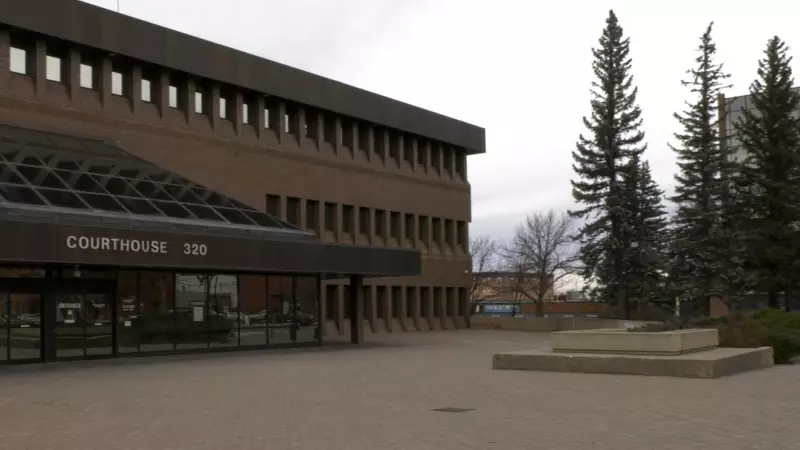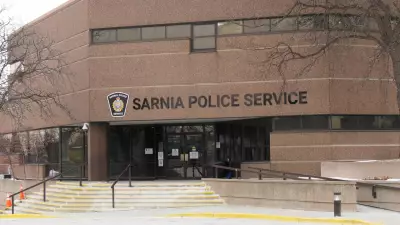
A landmark moment in Alberta's justice system unfolded Monday morning as Lethbridge officially inaugurated the province's first Indigenous court. The ceremonial opening represents a significant stride toward addressing the unique needs of Indigenous communities within the Canadian legal framework.
A Step Toward Culturally Appropriate Justice
The new specialized court aims to provide a more culturally relevant approach to justice for Indigenous peoples. This initiative recognizes the importance of incorporating traditional practices and community involvement in the legal process. The court will operate with an understanding of Indigenous history, traditions, and the ongoing impacts of colonization.
The ceremony held on November 10, 2025 brought together community leaders, justice officials, and Indigenous elders to mark this historic occasion. This development comes as part of broader efforts across Canada to reform the justice system's relationship with Indigenous communities.
Addressing Historical Disparities
Indigenous courts represent an important response to the overrepresentation of Indigenous peoples in the Canadian justice system. By creating spaces that acknowledge cultural context and traditional healing practices, these specialized courts seek to break cycles of incarceration and promote restorative justice.
The Lethbridge initiative follows similar models established in other provinces, adapting proven approaches to Alberta's specific context. The court will handle cases involving Indigenous offenders, with proceedings informed by Indigenous perspectives and values.
Community advocates have long called for such reforms, emphasizing that traditional Western legal approaches have often failed to serve Indigenous communities effectively. The new court represents a collaborative effort between the justice system and Indigenous leadership to create more meaningful and lasting solutions.
Building Toward Reconciliation
The establishment of Alberta's first Indigenous court in Lethbridge marks a practical implementation of reconciliation principles. It demonstrates a commitment to addressing Calls to Action from the Truth and Reconciliation Commission, particularly those related to justice reform.
This development signals a growing recognition within provincial justice systems of the need for culturally appropriate approaches. The court will incorporate traditional practices such as healing circles, elder participation, and community-based sentencing options.
The opening ceremony featured traditional Indigenous elements, including prayers, drumming, and the participation of knowledge keepers. This symbolic beginning sets the tone for how the court will operate moving forward, blending legal requirements with cultural sensitivity.
As the first of its kind in Alberta, the Lethbridge Indigenous court serves as a model that may inspire similar initiatives across the province. Its success will be closely watched by justice reformers and Indigenous communities alike, potentially paving the way for broader systemic changes in how Canada approaches Indigenous justice.





